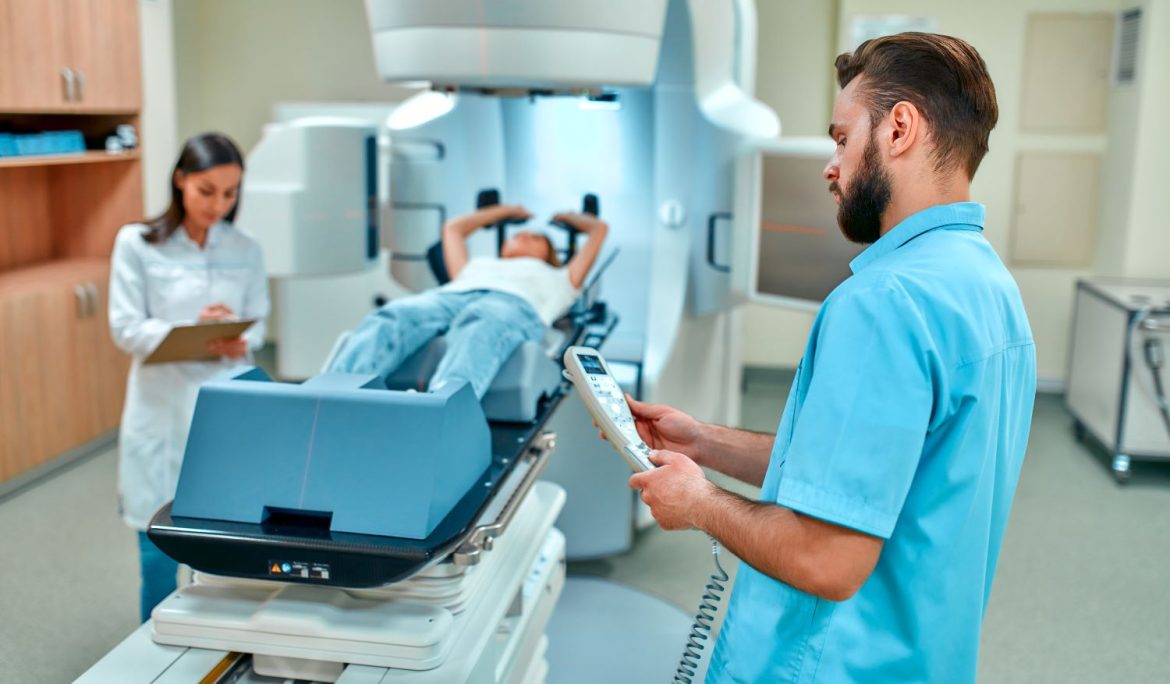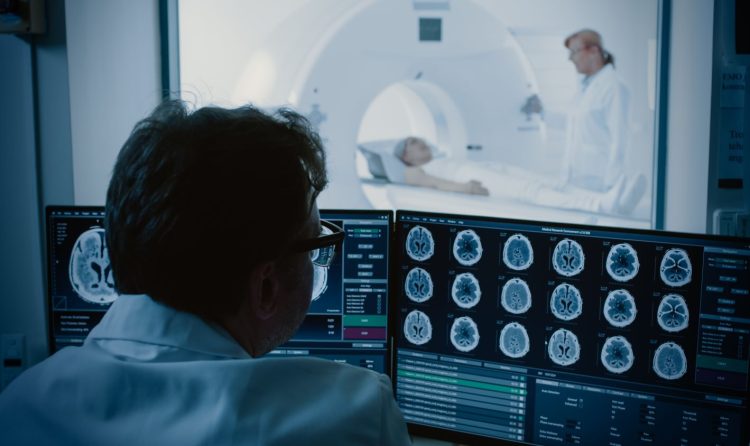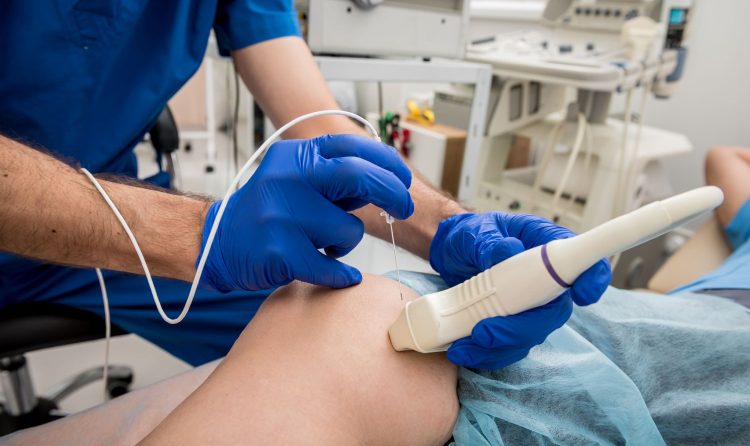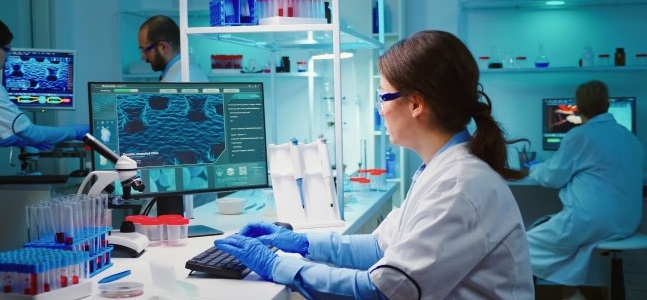Introduction
Artificial Intelligence (AI) has become a transformative force across various sectors, and radiology is no exception. By enhancing diagnostic accuracy and streamlining workflows, AI is reshaping the landscape of medical imaging.
AI-Powered Image Analysis
AI algorithms, particularly those involving deep learning, are now capable of analyzing complex imaging data with remarkable precision. These systems can detect anomalies that might be missed by the human eye, leading to earlier and more accurate diagnoses. For instance, AI has shown promise in identifying early-stage cancers, subtle fractures, and other critical conditions.
Advocacy:
Get involved in advocacy efforts to ensure the voice of radiologic technologists is heard. The CRS actively advocates for the profession on legislative issues impacting RTs in Colorado.
Workflow Optimization
In addition to improving diagnostic accuracy, AI is revolutionizing radiology workflows. Automated image sorting, triage systems, and predictive analytics help radiologists manage their workloads more efficiently. This allows radiologists to focus on cases requiring detailed attention and enhances overall patient care.
Ethical Considerations and Future Prospects
While the integration of AI in radiology offers numerous benefits, it also raises ethical considerations. Ensuring data privacy, managing the risk of algorithmic bias, and maintaining transparency in AI decision-making are critical. As AI technology continues to evolve, radiologists and AI developers must work collaboratively to address these challenges and unlock the full potential of AI in medical imaging.






